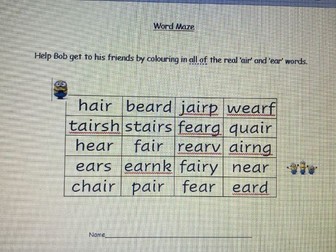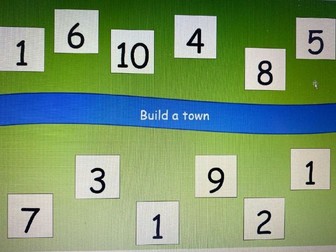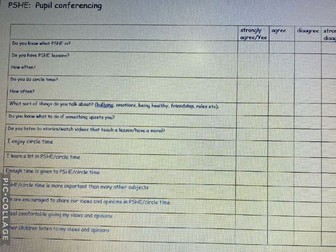
Titanic Non-Chronological Report
A set of 7 lessons designed to support Y6 students to plan and write a non-chronological report on the Titanic.
Includes formal/informal writing, subjunctive form, active and passive voice, features of non-chronological reports, cohesive devices.
A 10 question multiple-choice quiz on active and passive voice is included (word document).
A snakes and ladders game is also included whereby students land on a certain space and have to answer a question based on active/passive voice.



